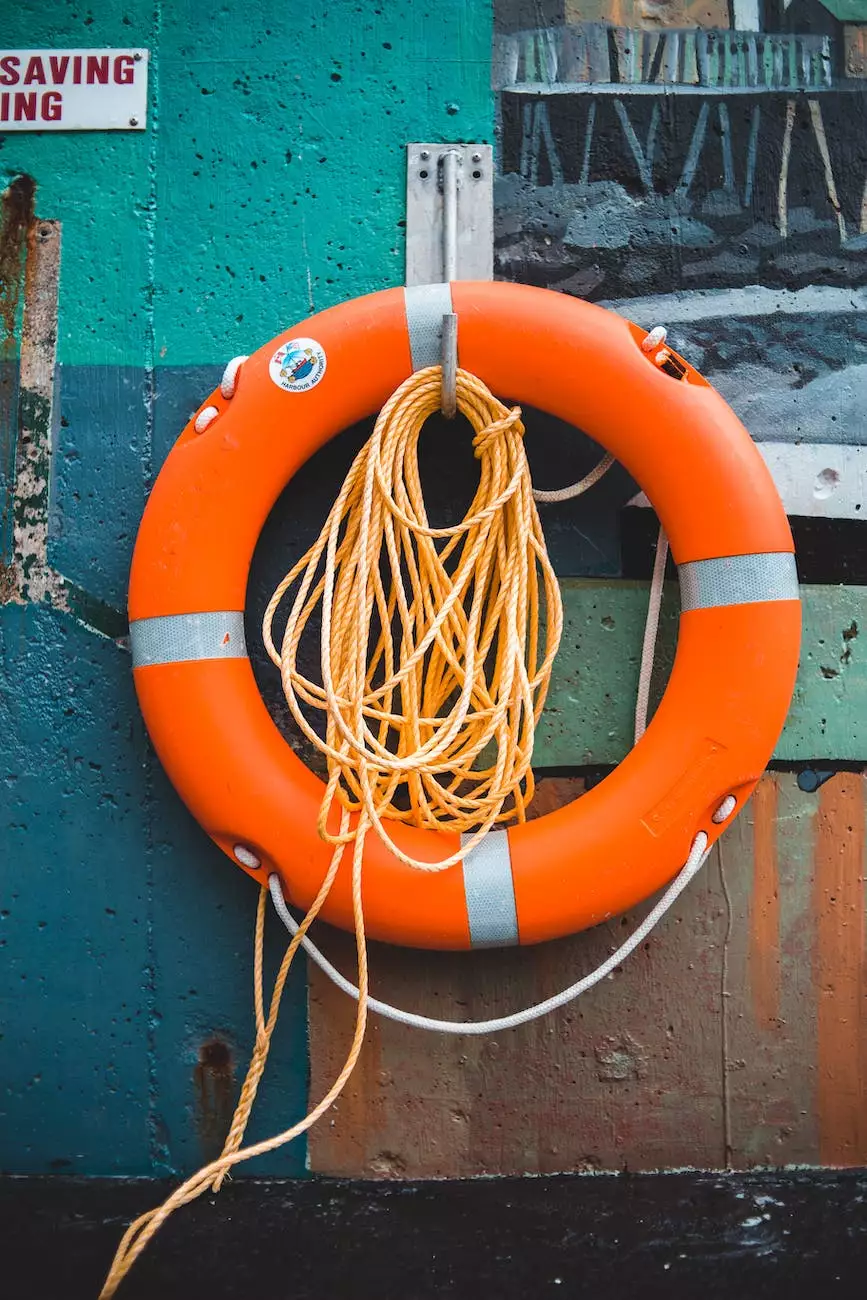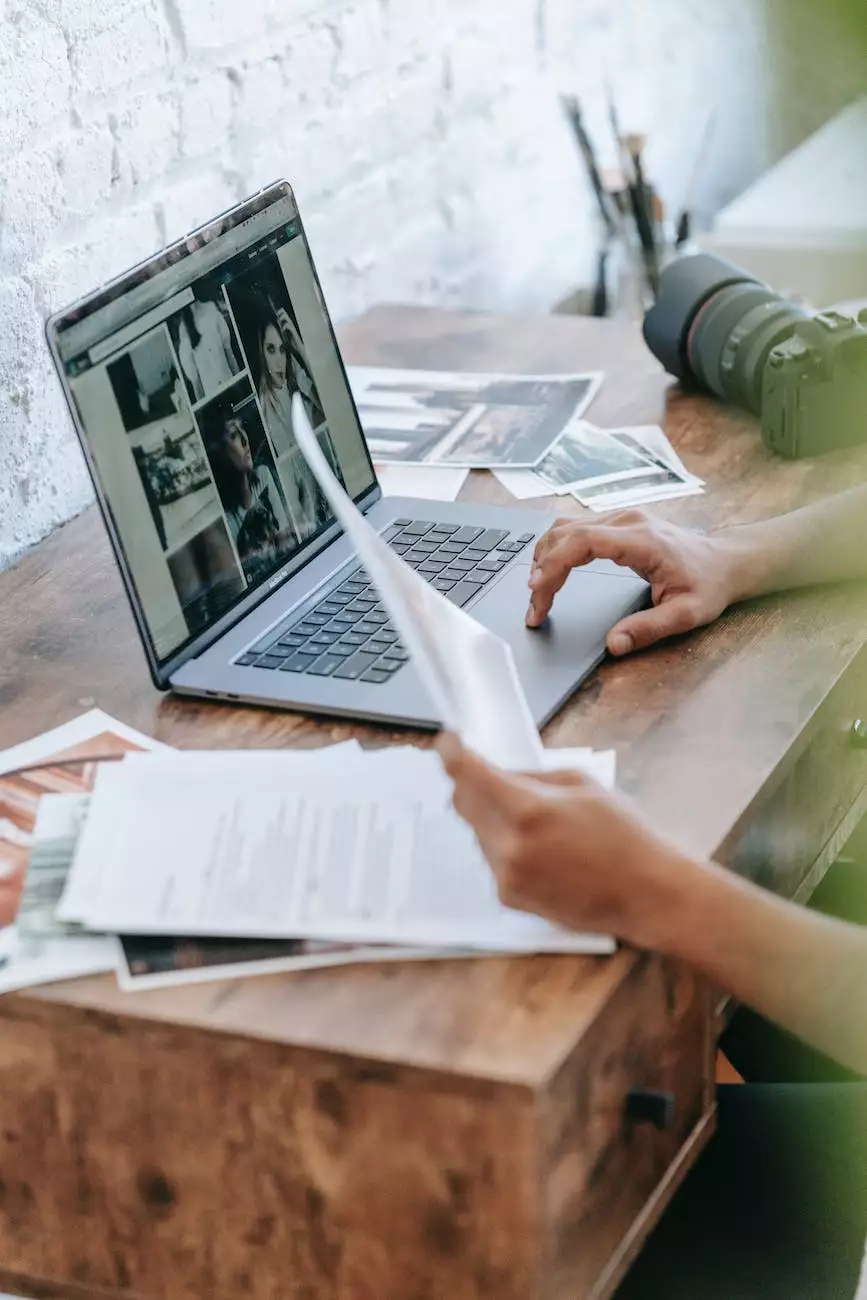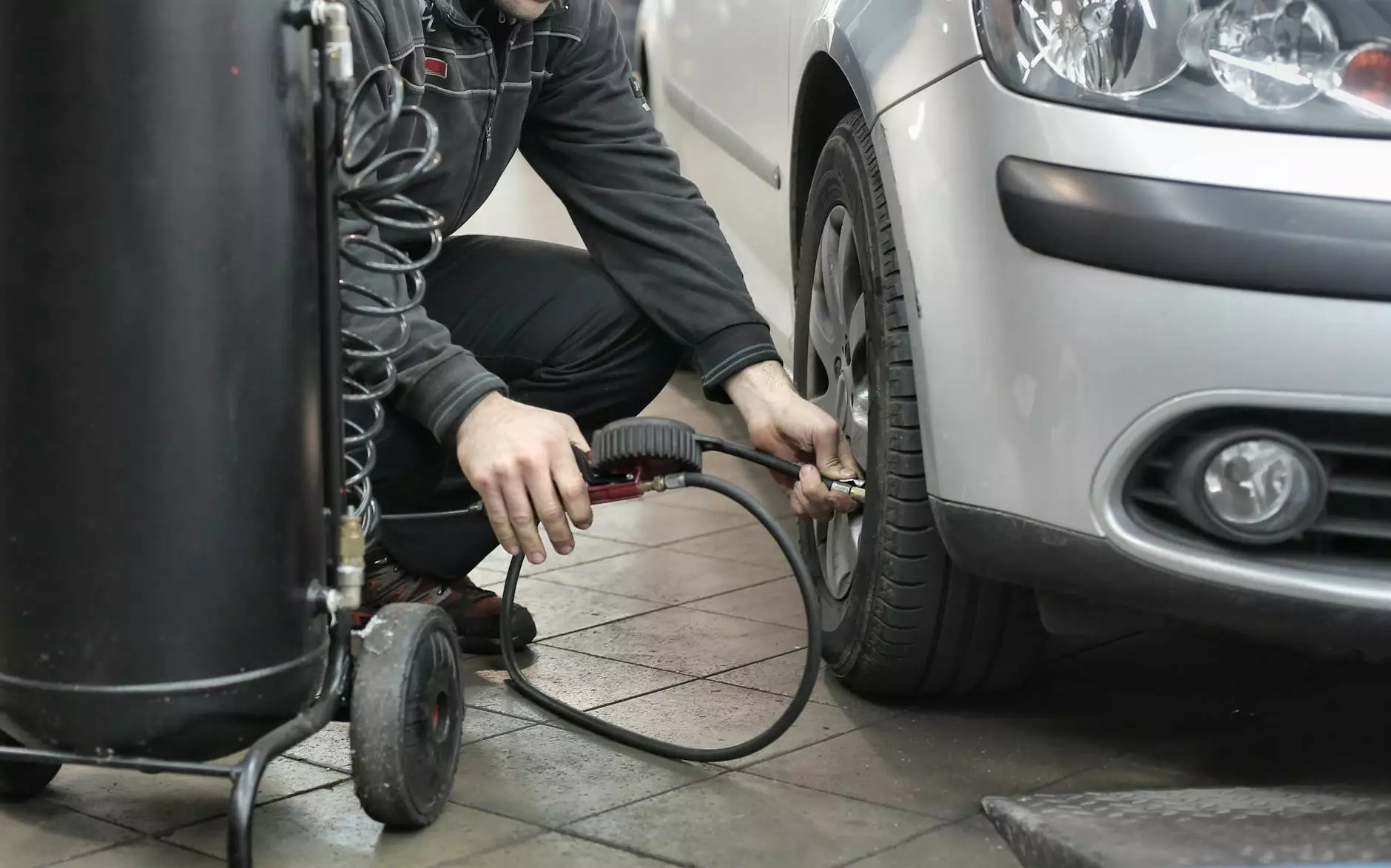Boating Safety: More than Sink or Swim
Blog
Introduction
Welcome to the comprehensive guide on boating safety brought to you by John P. Bennett, Attorney at Law. In this article, we will dive deep into the world of boating to provide you with essential information, guidelines, and resources to ensure both your safety and legal protection while out on the water.
The Importance of Boating Safety
Boating is a popular and enjoyable recreational activity, but it is important to recognize that it also comes with inherent risks. The safety of yourself, your passengers, and other boaters should always be a top priority. By adhering to boating safety practices, you can significantly reduce the chances of accidents, injuries, and legal complications.
Understanding Boating Regulations
Before embarking on any boating journey, it is crucial to familiarize yourself with the boating regulations specific to your area. Federal, state, and local authorities have established a set of rules and regulations that govern boating activities to ensure safety and prevent accidents. These regulations cover various aspects such as speed limits, navigational rules, required safety equipment, and more.
Speed Limits and Navigational Rules
Speed limits and navigational rules are in place to maintain order and minimize the risk of collisions on the water. Different bodies of water may have different speed limits, so it is important to be aware of these limitations and comply with them at all times. Navigational rules, including right-of-way regulations and proper signaling, should also be followed to avoid accidents.
Required Safety Equipment
Every boat should be equipped with essential safety equipment to ensure preparedness in case of emergencies. This includes life jackets, fire extinguishers, distress signals, sound-producing devices, navigation lights, and more. Regularly inspect and maintain all safety equipment to guarantee its effectiveness when needed.
Preventing Boating Accidents
In addition to adhering to regulations, there are several proactive measures you can take to prevent boating accidents:
1. Obtain Proper Training and Certification
Attending boating safety courses and obtaining the necessary certifications will equip you with the knowledge and skills needed to navigate the waterways responsibly. Proper training will teach you about boating laws, emergency procedures, navigation techniques, and the importance of situational awareness.
2. Perform Routine Maintenance
Maintaining your boat regularly is essential for its safe operation. Conduct routine checks on the engine, fuel system, steering mechanism, electrical system, and hull to ensure everything is in good working condition. Address any issues promptly to prevent breakdowns or malfunctions while on the water.
3. Practice Safe Boating Behavior
Always follow safe boating practices, including but not limited to:
- Never operate a boat under the influence of alcohol or drugs.
- Refrain from reckless maneuvers, including excessive speeding or sharp turns.
- Maintain a safe distance from other boats, swimmers, and objects in the water.
- Keep a lookout for potential hazards and changing weather conditions.
- Ensure everyone on board wears a life jacket at all times.
Your Legal Rights in Boating Incidents
Despite taking all necessary precautions, boating accidents can still occur due to various factors such as the negligence of other boaters, equipment failures, or hazardous conditions. In the unfortunate event of a boating incident, it is vital to understand your legal rights and take appropriate action to protect yourself.
1. Seek Medical Attention
Your health and well-being should be your top priority, so seek immediate medical attention if you or anyone onboard sustains injuries. Even seemingly minor injuries should be evaluated by a medical professional, as certain injuries may have delayed symptoms.
2. Document the Incident
As soon as it is safe to do so, gather evidence and document the details of the incident. Take photographs and videos of any damages, injuries, or hazardous conditions that may have contributed to the accident. Collect contact information from witnesses who can provide statements regarding what they saw.
3. Report the Incident
Contact the local authorities and report the boating incident as soon as possible. This is essential for record-keeping purposes and may be required depending on your jurisdiction. Cooperate fully with law enforcement during their investigation.
4. Consult a Boating Accident Attorney
If you have been involved in a boating accident, it is highly recommended to consult an experienced boating accident attorney like John P. Bennett. They can provide valuable legal advice, guide you through the claims process, and if necessary, represent you in court to ensure your rights are protected and that you receive any compensation you may be entitled to.
Contact John P. Bennett, Attorney at Law
For expert legal advice and representation in boating-related cases, John P. Bennett, Attorney at Law, is here to help. With years of experience in maritime law and personal injury cases, John P. Bennett and his team have a deep understanding of the complexities involved in boating accidents.
Don't navigate the legal waters alone. Contact John P. Bennett, Attorney at Law, to schedule a consultation and discuss your case. We are dedicated to providing personalized attention, fierce advocacy, and obtaining the best possible outcome for our clients.









